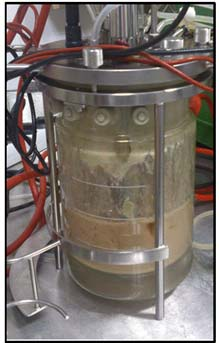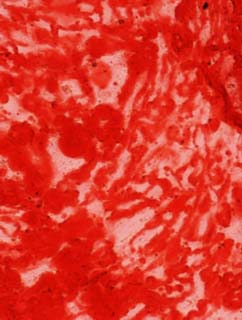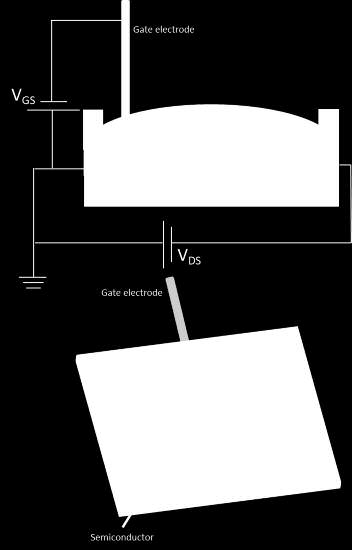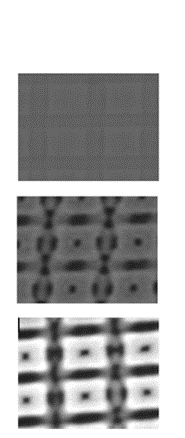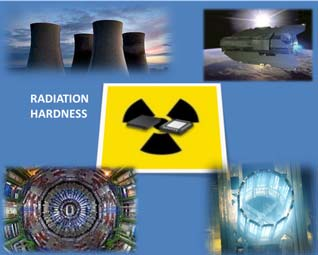CSIC has developed a procedure for the biotechnological production of 11α hydroxylated
steroids by generating and subsequent use of recombinant bacteria. These recombinant
bacteria allow to perform microbial biotransformation processes that result in 11αhydroxylated steroid compounds from raw materials such as phytosterols and intermediate
products efficiently and economically. These compounds have numerous applications in
pharmacology.
Companies are sought for implementing and commercializing the new technology under
patent license agreement.
An offer for Patent Licensing
Biotransformation of Steroids
Bioreactor for steroids production Steroids are widely distributed in nature. Besides, for many years steroidal pharmaceuticals have been used to maintain quality of life when used as anti-tumor, antiinflammatory, antimicrobial, antiviral, anti-estrogenic and anti-allergic. Therefore, they have preventive and therapeutic activity in various pathologies Many of these compounds are chemically synthesized, however, in recent years, it is known that microbial transformation of steroids is highly effective in generating new steroidal drugs. It is important to remark that the hydroxylation of these compounds increases their biological activity when compared with non hydroxylated The Researchers have developed recombinant bacteria that can be used for direct production of steroid 11α-hydroxylated from natural steroids or synthons (intermediates in the industrial synthesis of steroid drugs) in a single fermentation process. Furthermore, these bacteria, unlike other microorganisms, do not produce side products in the process.
Main innovations and advantages
· Recombinat bacteria were generated from unusual strains in the biotechnological production of steroids · Obtaining steroids takes place in a single fermentation process without side products.
· The process can be applied to natural and non-hydroxylated steroids synthons.
